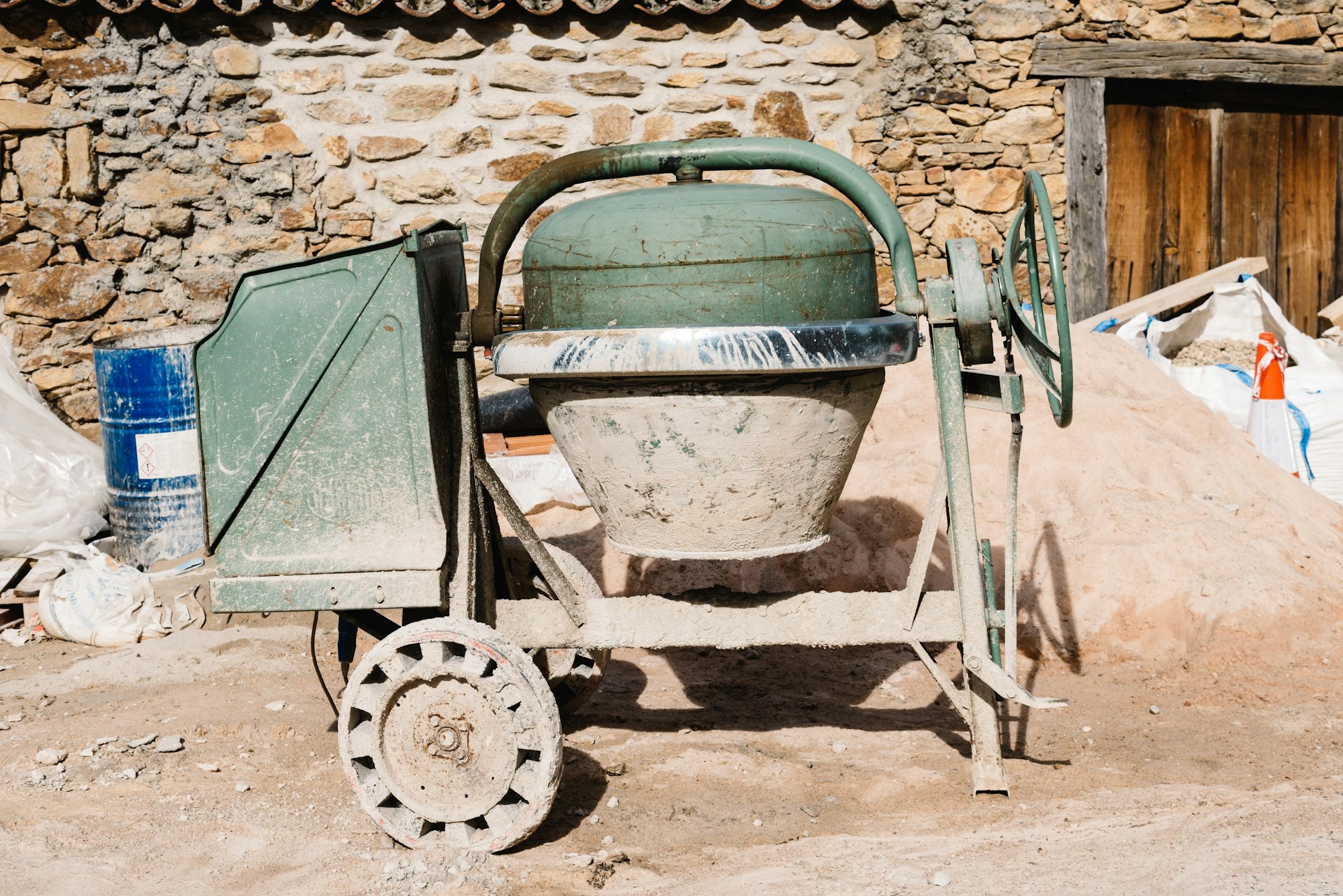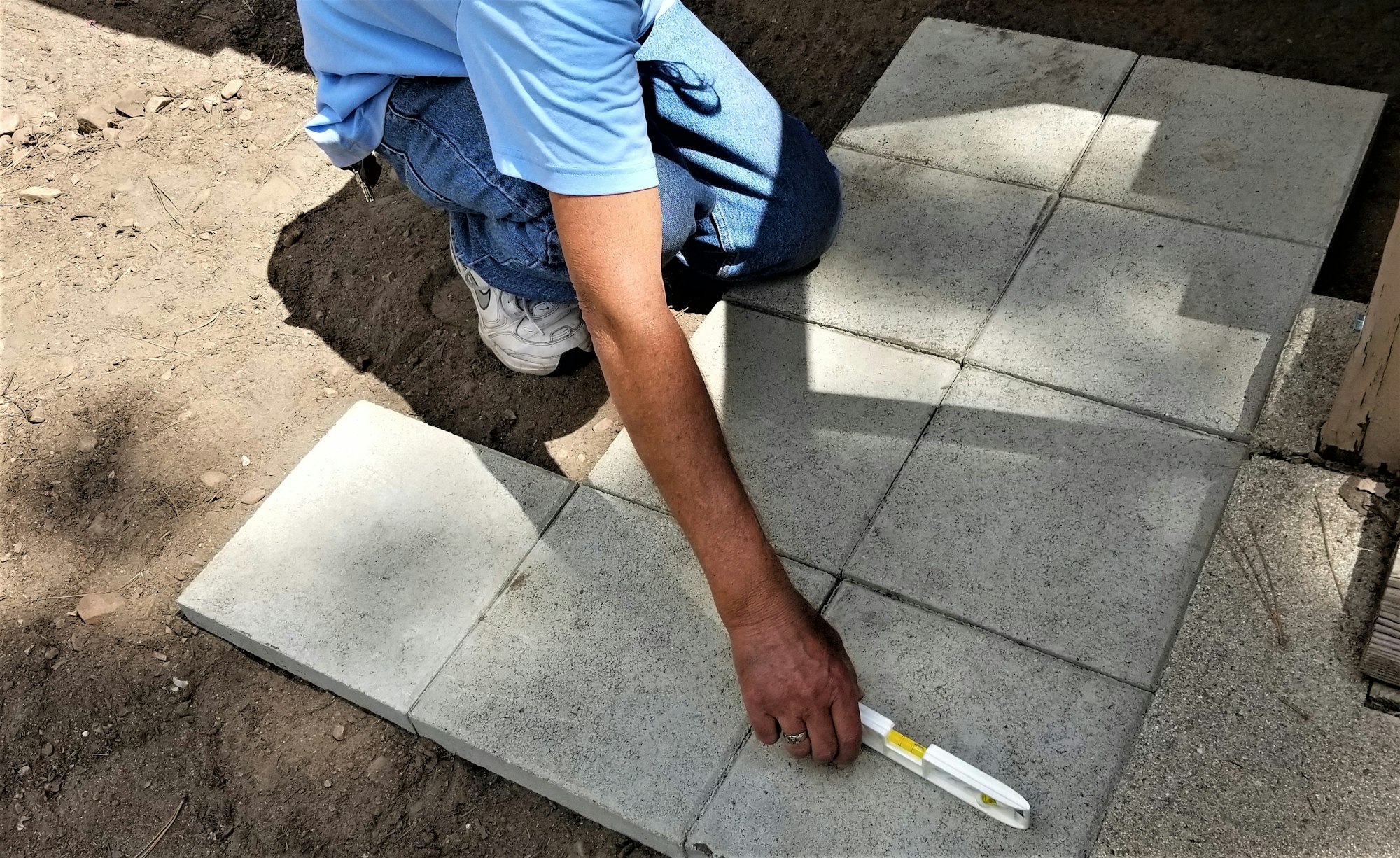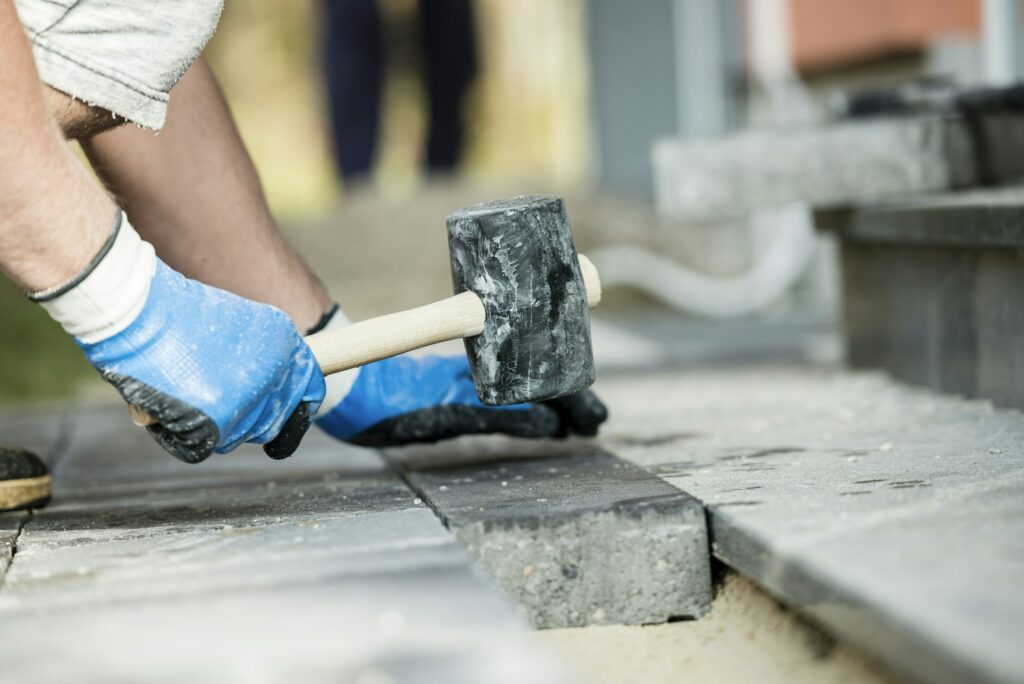Are you pondering over your next outdoor masonry project, wondering whether to opt for brick or stone? Well, we’re here to help you decide, discussing the benefits of both materials in an uncomplicated, reader-friendly manner. For centuries, homeowners have debated between brick and stone, each possessing distinct characteristics that impact aesthetics, durability, and ease of maintenance.
“The choice between brick and stone often comes down to personal preference, budget, geographical location, and project specifics.”

Diving deeper into this subject, we’ll undertake a comparative journey, exploring brick and stone from various angles – their pros, cons, cost-effectiveness, and much more. Whether building a garden wall, a patio, or an outdoor fireplace, our aim remains the same – to furnish you with enough information to make the best decision possible for your personal needs and style. Stick around, as we sift through the most pertinent points regarding the use of brick versus stone in outdoor masonry projects.
Brick as a Timeless Choice: Unleashing the Benefits
|
Characteristics |
Advantages of Bricks |
|
Durability |
Bricks are renowned for their longevity, withstanding various external elements like wind, rain, and snow with ease. |
|
Eco-friendly |
Bricks are considered an environmentally friendly option due to their organic composition of clay and shale, thus reducing the carbon footprint. |
|
Insulating Properties |
Bricks have excellent insulation properties, creating a comfortable environment indoors regardless of outside weather conditions. |
|
Design Versatility |
Available in a spectrum of colors and textures, bricks offer a wide array of design options matching both classic and modern aesthetics. |
|
Low Maintenance |
Bricks require minimal upkeep; a simple pressure wash can restore their charm. Their resilience to wear and tear is another point in their favor. |
Stone’s Resilience: A Long-lasting Beauty in Outdoor Masonry
You’re about to make a choice that’ll stay with you for a lifetime, and that’s not an exaggeration. When you opt for stone as your material of choice for your outdoor masonry project, you’re choosing strength and durability that can stand up to the test of time. You’re not only picking beauty but also a sturdy material that is built to last.

Stone masonry offers a diverse palette for your creative vision. With a myriad of colors, textures, and finishes to choose from, there’s no limit to what you can design. From the rustic charm of quarried stone to the polished elegance of marble, the variety and versatility of stone unlock a bold new dimension for your exterior design. It’s versatility doesn’t end there; stone is naturally fire-resistant and provides an extra layer of protection to your home.
One aspect that truly sets stone apart is its inherent resilience under various weather conditions. Unlike other materials, the integrity of stone doesn’t falter under strong weather. It’s more than just a pretty face, it’s a fortified barrier that provides a layer of insulation to your home. However, you might find the cost of stone masonry steep compared to other materials, but remember, enduring beauty and strength are investments that pay off in the long run.
Popular Outdoor Projects: How to Choose Between Brick and Stone
Choosing between brick and stone for popular outdoor projects can be quite a conundrum. You’re in a toss-up between the timeless charm of brick and the resilient beauty of stone. But don’t let that keep you up at night. Here’s a quick guide to assist you in navigating this age-old debate.
When planning projects like patios, walkways, or outdoor fireplaces, you need to map out all your key considerations. This is where aesthetic preferences, budget, climate, and maintenance come into play.
Brick speaks volume of a classic feel with its uniform appearance, perfect for homeowners who crave modern, sleek lines. However, if you’re someone who gravitates towards a rustic or a more natural ambiance, going for stone might suit your tastes better. It lends itself to a vast range of styles and designs with its unique, irregular shapes.

As for the budget, brick often emerges as a cost-effective choice. It gives you the curb appeal at a relatively lower cost compared to stone. But remember, you may need to keep some extra budget for maintenance work, as brick tends to be less durable in the face of harsh weather conditions, compared to stone.
If longevity and strength is your primary concern, stone emerges as the victor, but this comes with a heftier price tag. Stone stands up better under constant weather changes owing to its hard-wearing nature. It’s naturally resistant to weather and offers a kind of ageless appeal that brick might not match.
But what if you wish to enjoy the advantages of both without breaking the bank? Alternatives such as faux brick and stone veneers could be your saving grace! They are cost-effective, fairly simple to install, and are almost indistinguishable from the real thing. Plus, if you’re a fan of customization, stone veneers offer a versatile palette of design options.
Conclusion
In summing it all up, your choice between brick and stone for your outdoor masonry project largely hinges on your personal taste, budget constraints, and your ultimate vision for your property. As they each have their own sets of advantages, they have the potential to convincingly increase the value and beauty of your property.
Brick, with its classic aesthetic appeal, offers reliable durability and relatively low maintenance needs. This material might be the answer for those seeking a cozy, homely vibe. Stone, on the other hand, boasts a resilience and longevity that few other building materials can match. Its distinct, rugged aesthetic has an ability to add an air of elegance and grandeur to any yard or garden.
Also, it’s advisable to consider the environmental impact of your chosen material. Brick and stone both have the capacity to last for centuries, reducing the constant need for replacement, and thus lowering your overall carbon footprint. This green-conscious decision is not just beneficial for the environment, but also helps to increase consumer confidence, knowing that your project aligns with sustainable practices.
Furthermore, consult the experts who are well-versed in brick and stone masonry in your locality. They can provide service, advice, and guidance on any building codes or regulations which might influence your decision-making. They can help ensure your project adheres to local standards, providing peace of mind.










